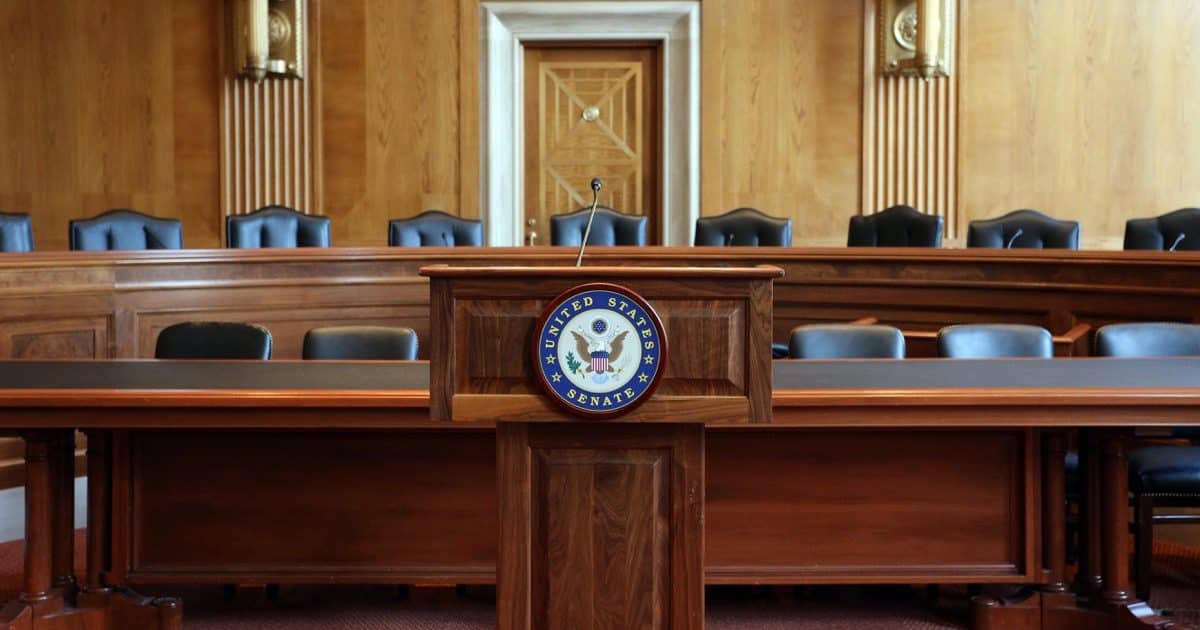A bipartisan group in Congress has introduced the TLDR bill, or Terms Of Service Labeling, Design, and Readability Act. It wants to change the trope with Terms of Service conditions written in “legalese” language incomprehensible for many users (via PCMag).
TDLR Bill
The TLDR bill, introduced on Thursday by Rep. Lori Trahan (D.-Mass.) and Sens. Bill Cassidy (R.-La.), and Ben Ray Luján (D.-N.M.), requires summaries of Terms of Service, flow charts, or other graphics that easily communicate to users the rules of the website and what happens to their data.
Here are a few highlights:
- The TLDR bill would require short summaries of terms of service, flow charts, or other graphics to show where your data may go, and machine-readable versions of both the summaries and complete language of terms of service.
- The TLDR bill would give the FTC one year to write regulations and begin enforcing them under its existing authority to police “unfair or deceptive acts or practices”
- States could also bring their own actions.
- The TLDR bill would exempt small businesses and non-commercial operations.
Many companies have long, onerous rules in terms of service agreements. As Bryan Chaffin of The Mac Observer shared in 2013, at one point the iTunes ToS even had a rule about nuclear weaponry:
You also agree that you will not use these products for any purposes prohibited by United States law, including, without limitation, the development, design, manufacture or production of nuclear, missiles, or chemical or biological weapons.
In the announcement, Senator Cassidy said:
Users should not have to comb through pages of legal jargon in a website’s terms of services to know how their data will be used. Requiring companies to provide an easy-to-understand summary of their terms should be mandatory and is long overdue.
Companies that do not comply or violate the TLDR bill would be subject to civil suit by State Attorneys General if at least 1,000 residents in their state would be affected.

And what does TLDR mean? Too long to write?